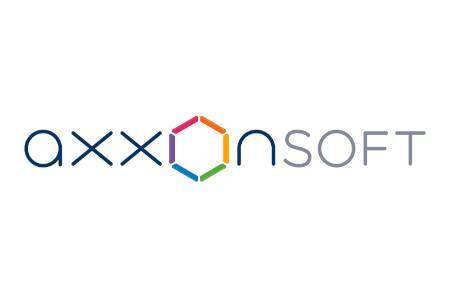Camellia Chan, CEO and Founder, X-PHY, voted Top Ten Women in Cybersecurity in Singapore divulges to Security Buyer the capabilities of AI integration into hardware-based cybersecurity
For this issue’s Big Interview, Security Buyer Managing Editor Rebecca Spayne, speaks with Top Ten voted Women in Cybersecurity in Singapore, and award recipient for the Cyber Security Agency of Singapore’s (CSA) Cybersecurity Call for Innovation award, Camellia Chan, CEO of X-PHY.
Not only does Camellia have a formidable reputation in the industry in terms of pioneering change, but is also the Founder of FLEXXON brand, X-PHY, which launched the first ever hardware-based cybersecurity solution with embedded AI capabilities, creating a path for AI innovation in cybersecurity.
Could you introduce yourself and what you do?
I am the CEO and Founder at Flexxon, a global company that specialises in next generation hardware cybersecurity solutions and industrial NAND storage devices. Our flagship cybersecurity solution, the X-PHY Cybersecure SSD is the world’s first hardware-based cybersecurity solution with embedded AI capabilities. My role largely comes down to ensuring that our teams are working to the best of their abilities in delivering impactful products that continues to address the ever-changing digital threat landscape.
On a day-to-day level, this involves a lot of direction-setting, meeting with team members and setting the strategies for our global expansion. It’s an incredibly exciting company that I am proud of building, so I get a lot of reward from my work.
How did you begin your career in the cybersecurity space?
While I always harboured an interest in IT, I dabbled in various different entrepreneurial endeavours in my teenage years. I only started to channel my focus on building a career in technology when I entered university. I was studying business management with a specialisation in IT, and it was in my first year that I built my own PC from scratch – a seemingly simple project that would kick start my journey towards building Flexxon.
After university, I began applying the skills I had learned in an industrial setting. After working at an electronics manufacturer, I spent some time getting a better understanding of the industry where I soon picked up an interest in designing original technologies to address challenges faced at a global scale.
You founded X-PHY in 2007. Why was the market in need of a company like this?
After the sustained expansion of Flexxon, which develops NAND flash storage solutions, we took on another ambitious project which became the X-PHY Cybersecure SSD – a state of the art AI-embedded data security SSD that works at the physical layer of devices. The X-PHY was officially unveiled in 2021, and we soon established a partnership with Lenovo to have the technology embedded in a range of its laptops. Over the past few years, the innovation has won a number of awards for AI and Machine Learning, ransomware data security protection, and patent protection.
X-PHY was founded in the context of a changing cybersecurity landscape, where traditional software-based defences alone were insufficient to protect against developing threats. Software-based solutions operate in the external environment, and struggle to accurately and quickly identify threats. Critically, software-based solutions are unable to identify unknown threats – which are evolving at an exponential rate due to the rise in hacker groups and activity. On the other hand, solutions that work at the hardware layer of devices strengthen software-based protection by protecting data at its core – meaning that in the event of an attack, critical data remains secure.
How can AI be integrated into cybersecurity?
AI is already transforming a number of industries, and the same is true for cybersecurity with many solutions implementing the technology to strengthen their capabilities. In the X-PHY, AI and machine learning is designed to analyse behavioural patterns around-the-clock by using low-level AI programming that operates in a closed environment. In this context, AI is incredibly efficient in terms of its reaction speed against known and unknown threats which is near real-time….
Read more exclusives and news in our latest issue here.
Never miss a story… Follow us on:
Security Buyer
@SecurityBuyer
@Secbuyer
Media Contact
Rebecca Morpeth Spayne,
Editor, Security Portfolio
Tel: +44 (0) 1622 823 922
Email: editor@securitybuyer.com













